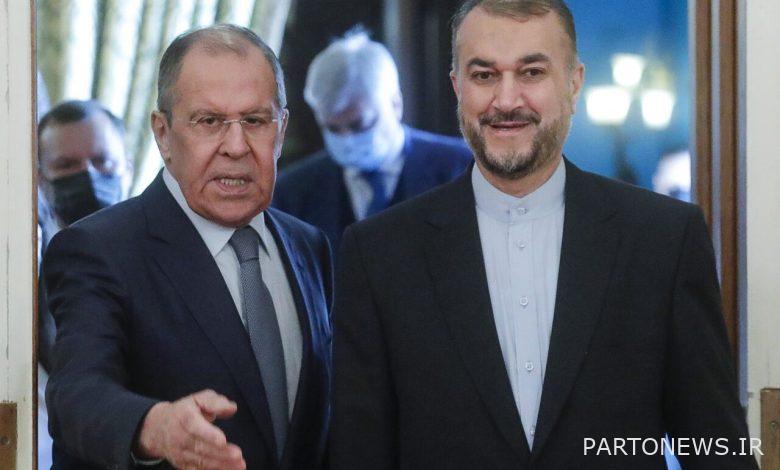Iran’s membership in the Shanghai Cooperation Organization strengthens Tehran-Moscow relations

According to IRNA, the authors of the American think tank’s analysis link Iran’s participation in the Shanghai Cooperation Organization to the goal of deepening and institutionalizing the country’s relations with China and Russia, and believe that although Iran-China relations have attracted much attention, the organization’s role in Tehran-Moscow relations are less discussed.
Global and regional considerations
According to the website of the Atlantic Council think tank, Iran is part of Russia’s ambitious Eurasian project for economic and geopolitical integration throughout the region. Beyond Russia’s efforts to consolidate, Russia sees Iran as an important player in regional security, a stabilizing force against common challenges and threats such as drug trafficking, terrorism, and transnational crime.
Referring to the recent developments in Afghanistan and the Taliban’s domination of the country, the authors of this analysis listed the background of the Shanghai Cooperation Organization and Russia’s efforts to consult with the parties involved and wrote: Shanghai cooperation and the need to engage with Tehran in the quadripartite talks of Moscow, Islamabad, Beijing and Washington.
Improving the position of Iran and China
According to the Atlantic Council, full membership of Iran in the organization gives Russia a chance to slow down the deepening of relations between Tehran and Beijing. In Moscow’s view, the signing of the 25-year Iran-China Cooperation Agreement in March 2021 strongly contradicts doubts about the extension of the long-term Iran-Russia agreement, which expired in March.
Of course, taking the Chinese factor into account in Russia’s decisions is not new. For example, Beijing’s efforts to add economic dimension to the organization have met with Moscow’s disregard, which it fears could pose a challenge to its Eurasian Economic Union, of which all the founders of the organization are members except China. Even Moscow supported India’s accession to the organization in 2017 to reduce China’s growing influence, especially in Central Asian countries.
Given the history of Sino-Russian relations in the Middle East and their rivalry at the same time, Tehran’s membership and the subsequent impact on Moscow-Beijing relations with the Persian Gulf countries are likely to further strain Beijing-Moscow relations.
Towards a multipolar world order
Iran’s full membership in the Shanghai Cooperation Organization is a diplomatic victory for Tehran and Iranian President Seyed Ebrahim Ra’isi on his first foreign trip. However, the recent summit also agreed with Egypt, Saudi Arabia and Qatar as members of the Shanghai Cooperation Organization dialogue, which could limit Iran’s influence in the organization. It seems that Moscow continues to use its tried and tested strategy in the Middle East, which is to provide simultaneous support to rival parties.
Moscow’s support for Tehran’s full membership in Monday’s summit may also indicate that the Kremlin has finally accepted that Russia-US relations are in cold peace and in the worst post-Cold War period. This Kremlin pessimism is in line with the country’s new national security strategy.
According to this document, and unlike the 2015 version, there is no talk of a comprehensive strategic partnership with the United States and Europe. Russia’s agreement to start negotiations to upgrade the Iran-Eurasia Interim Free Trade Agreement, which covers 50 percent of goods traded with the permanent free trade zone, is in line with this line of thought.
The bitter analysis of Iran and Russia with the United States has brought the two countries closer to each other. Moscow and Tehran see the Shanghai Cooperation Organization as a sign of the flourishing of a multipolar order, and Russia’s support for Iran’s membership is linked to Moscow’s desire to become an Eurasian power.
.

